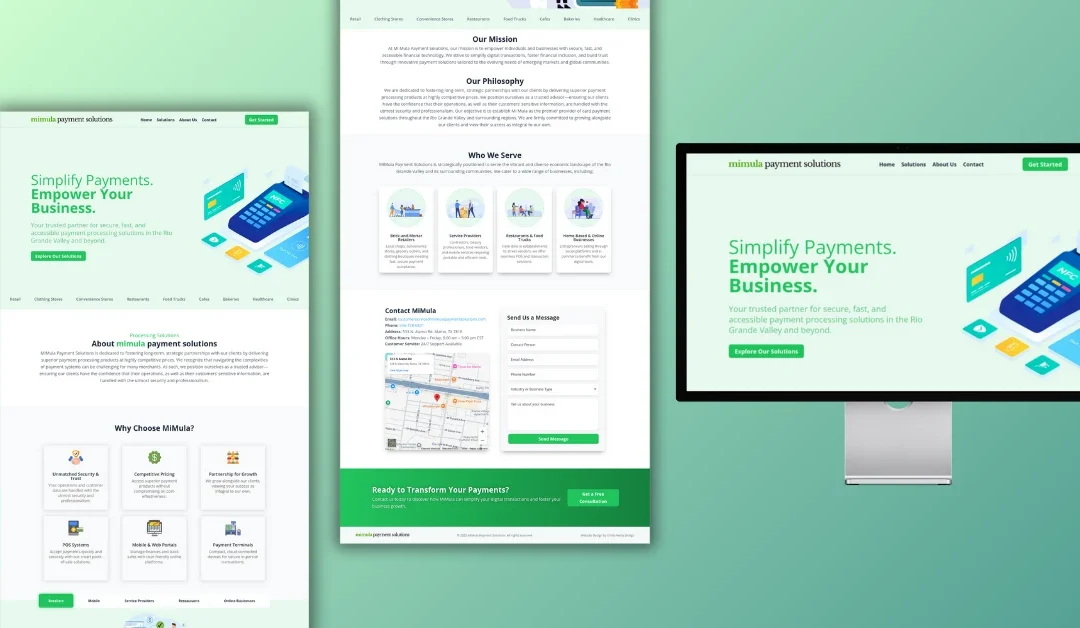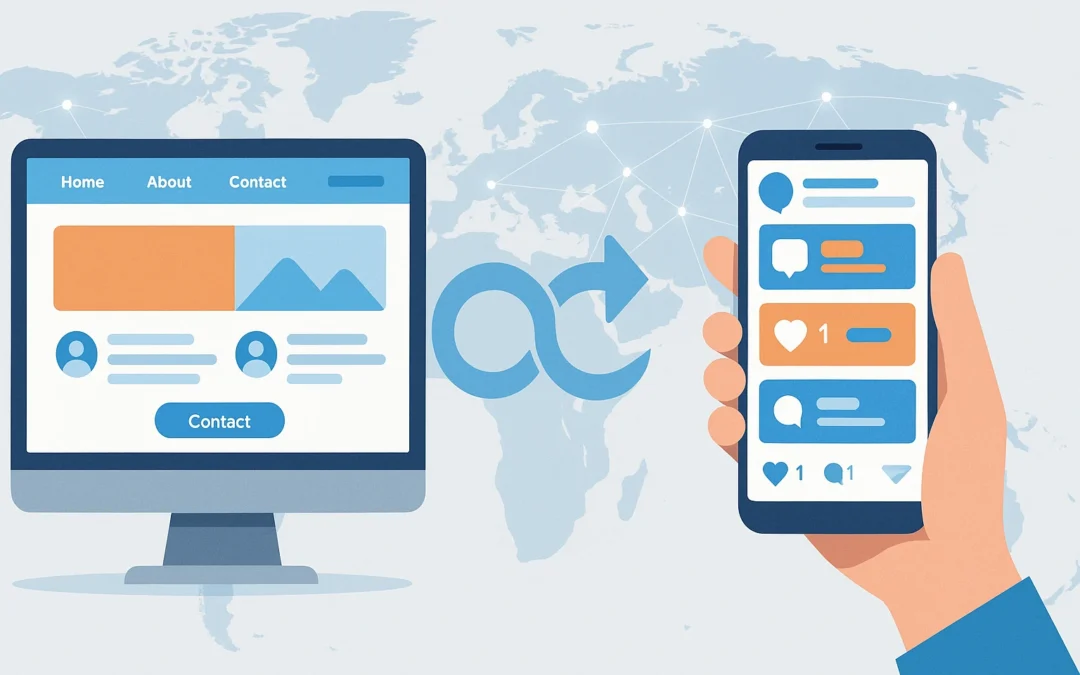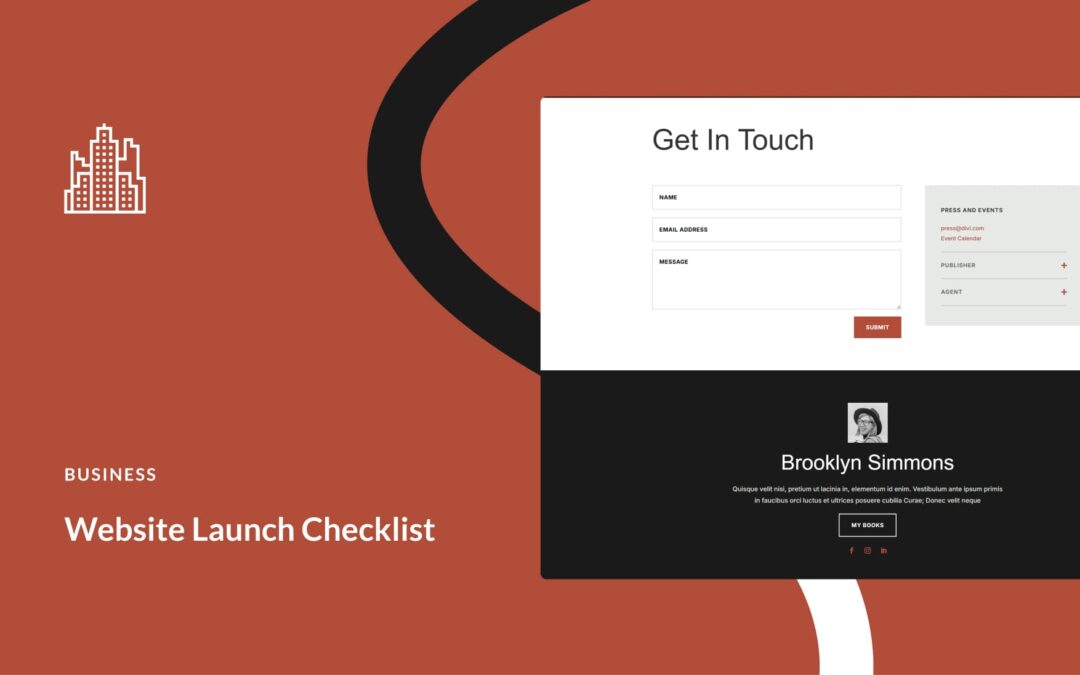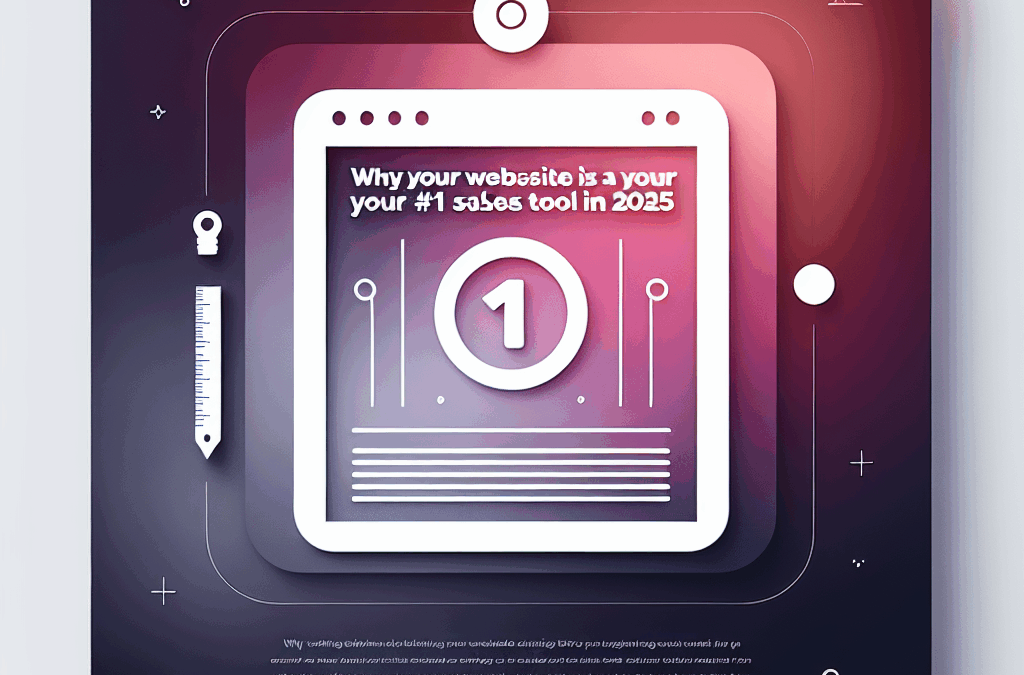Why Your Business Needs a CRM: Streamline Growth and Boost Sales
Imagine you’re juggling a dozen leads, and you’ve just realized that some important follow-ups slipped through the cracks. Frustrating, right? If you’re in the South Texas business game—especially in McAllen—you know how crucial it is to keep track of every potential sale. Here’s the good news: implementing a CRM (Customer Relationship Management) system can transform chaos into clarity, making growth feel less like juggling and more like a well-coordinated dance.
Let’s Dive In: Why CRM Matters for Your Business
Using spreadsheets to keep track of customers is so 2010. As your business grows, those manual records can quickly become a headache. A well-implemented CRM not only makes your life easier but also drives growth. In fact, research shows that sales reps working with mobile CRM software reach 65% of their sales quotas, compared to a mere 22% at companies without it. That’s a game-changer, especially for small businesses like yours aiming to scale.
But, as your team expands and your contact list grows, keeping everything organized can get tricky, ¿verdad? You might wonder, "How can I keep everything simple while my business takes off?"
The answer? CRM automation. We’ve created this guide to help you enhance efficiency by automating your CRM functions.
CRM vs. Marketing Automation: What You Need to Know
Now, let’s bust a common myth: while CRM software can manage some marketing tasks, it’s not a one-size-fits-all solution. Understanding the differences can save you time and headaches.
What is Marketing Automation Software?
Marketing automation tools are designed for, you guessed it, the marketing folks. They help you streamline campaigns, attract potential customers with tailored content, and make your sales team’s job easier. Key features include:
-
Lead Nurturing: Automate email sequences that send the right content to leads at just the right moment. This means nurturing them from the moment they show interest.
-
Freemium Delivery: Automatically deliver gated content when new leads opt in for notifications—no manual effort required!
-
Custom Workflows: Easy customization of workflows that match your audience and your marketing goals.
- Campaign Analytics: These tools measure how effective your campaigns are, giving you insights without the manual effort.
When your leads are warm and qualified, your sales team can swoop in and close deals smoother than a café con leche on a hot summer day.
The Power of CRM Automation
While marketing automation focuses on content, CRM systems help you manage customer interactions more effectively. Here are four ways CRM can work like magic to save you time:
-
Data Entry Automation: Did you know salespeople spend 17% of their day just entering data? Automating this process can free up time for more important tasks.
-
Personalized Email Sequences: Use CRM insights to create tailored email engagements without having to redo work manually.
-
Automatic Logging: A good CRM should log all your phone calls and email interactions for you. Keeping your records updated automatically means you know where every lead stands.
- Customer Service Automation: If chatbots collect customer inquiries, ensure that info feeds directly into your CRM for easier follow-up.
Do You Need Both a CRM and Marketing Automation?
The short answer? It depends on your business needs. At the very least, you should have a robust CRM to manage your customer data and communications. Start with something your team is comfortable with, then let it serve as your automation foundation.
Here are some signs you might need marketing automation to complement your CRM:
-
Leads Falling Through the Cracks: If there’s no structured way to transfer information between your marketing and sales teams, consider adding marketing automation to keep everyone in sync.
- Reporting Struggles: If your sales reps are wasting hours running reports, implementing automation could save their sanity and time.
CRM Meets Marketing Automation: A Perfect Match
Integrating both systems can create a powerhouse of efficiency. Your marketing team can effortlessly access information about your sales pipeline, ensuring they create content that resonates with your audience. In fact, companies that align their marketing and sales efforts see a stunning 36% increase in customer retention!
Take the example of United Supermarkets. They shifted from mass communication methods to a more personalized approach by incorporating HubSpot, leading to better engagement with their customer loyalty program.
Getting Started with CRM Automation
Ready to ease your workload? Here are some processes you can automate right away:
-
Trigger Entries from Form Submissions or Purchases: Automate adding new contacts when someone fills out a form or makes a purchase on your site.
-
Segment Contacts Automatically: Don’t get bogged down with a giant list—set up automation to categorize leads based on interests and previous interactions.
-
Nurture New Contacts: Kick off a welcome campaign for potential customers to begin building that relationship early.
- Create Follow-Up Reminders: Receive automatic alerts to check back in with leads, ensuring you stay on their radar.
Your CRM should integrate seamlessly with various tools, making automation a breeze! If you’re not finding what you need, platforms like Zapier can connect your favorite tools to your CRM.
Let’s Make Your Digital Presence Shine!
Implementing the right CRM, one backed by professionals who understand your local market, sets you apart. At Ericks Web Design, we’re based in the Valley and are committed to supporting South Texas business owners just like you. From web design to SEO and branding, we know how to forge a digital presence that not only looks good but converts.
Ready to upgrade your online game? Hit us up—we’ll help you get those leads rolling in. Schedule a call and let’s build something that actually works!










